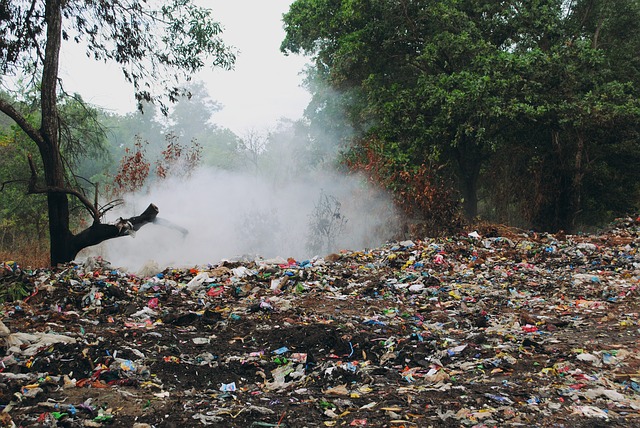Introduction
Saline Water: It is defined as water with a high concentration of dissolved sodium chloride or salts. Sodium chloride is the chemical name of salt. Seawater is an example of saline water.
Negative Effects of Using Saline Water: The use of saline water causes many health problems such as high blood pressure, kidney damage, heart failure, etc.
Desalination: This term is defined as a method of removing mineral components or salts from saline water. Additionally, desalination can be fined as removing minerals from certain substances for instance the process of soil desalination. This is a problem for agricultural land.
What Are Water Desalination Plants?
Desalination plants are designed for the desalination process. There are two functions of desalination plants.
- First, the desalination plants are used for converting saline water/seawater into drinkable water.
- Second desalination plants are used for treating water that has been contaminated with pollutants.
Some desalination plants are ship-based and others are land-based in arid regions.
Also read: Dire Need of Sea Water Desalination Plants in Baluchistan Pakistan
Why Pakistan Needs Water Desalination Plants In Sindh Province?
Nearly 150 countries in the world are having desalination plants including the Kingdom of Saudi Arabia, the United States, China, etc. Approximately 13 billion gallons of water per day is being desalinized all around the world.
Why Pakistan Needs Desalination Plants? The need for desalination plants is due to depleting freshwater sources. Pakistan is among the most vulnerable countries to climate change. The environmental issues are distressing water reserves in the country. Due to extreme weather conditions and fewer annual precipitations, Pakistan might become a water-scarce country.
For more information on Pakistan’s current and projected future water crisis, please read:
Water Scarcity Crisis in Pakistan: Causes, Effects, Solutions
The Projected Future of Water Scarcity Crisis In Pakistan
Water Crisis in Pakistan- Current and Future
It is a common thought that as desalination plant runs on electricity so it costs huge electricity bill. The ongoing process of desalination requires 14-kilowatt hour power to convert 1000 gallons of seawater water into drinking water.
Need For Water in Sindh, Pakistan
Sindh is a province of Pakistan situated on floodplains, so for water needs, it is dependent on the Indus River. People in Sindh are facing water crisis issues.
Desalination Plant in Karachi
Recently in Karachi, a desalination plant was established in collaboration with a Turkish firm Aritim Mühendislik. The Karachi Port Trust Manora project has cost 140 million rupees. This plant will provide 250,000 gallons of water each day.
Water-Stressed Tharparkar Region In Sindh
The situation in Thar is very critical. People carry water pitchers to get it filled with small water storing tanks or stored rainwater. Tharparkar with a population of 1.6 million has been living on saline and contaminated water for years. Women and children die due to water and food unavailability.
The government of Sindh announces projects for the betterment of human life in Thar but no practical action has been taken yet. Thar definitely needs a desalination plant.
Also read: South Asia Water War – Impact of Indian Hegemonic Aim on Pakistan
Conclusion
The irrigation system in Pakistan must be improved in order to save water. Water issues like water salinity and waterlogging are adversely impacting agriculture in Sindh. Farmers in the province are finding no other option but to irrigate land with saline water. The population is suffering due to poverty, water mafia, and political reasons.
Recommendation
What is required to act upon is the enforcement of water regulations and laws. Water reserves should be protected. A master plan on water productivity should be prepared and followed throughout Sindh. Scientific researches, technological inventions, and government interventions could help in planning out strategies related to water management in Sindh.
Also check out: Aquifer Vulnerability And Groundwater Quality In Pakistan
I hope you all liked this post! Please comment below if you have any suggestions, comments, or feedback! We at #envpk love hearing from our readers! Thanks!




